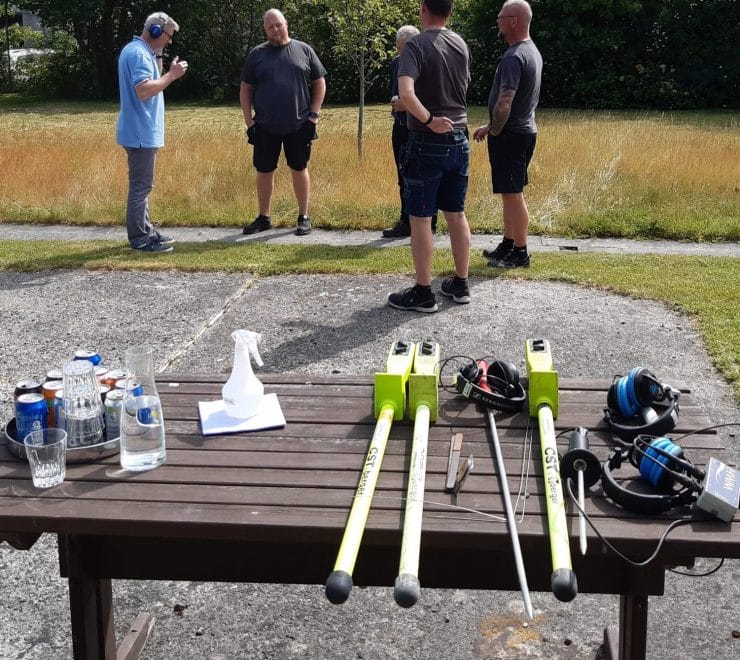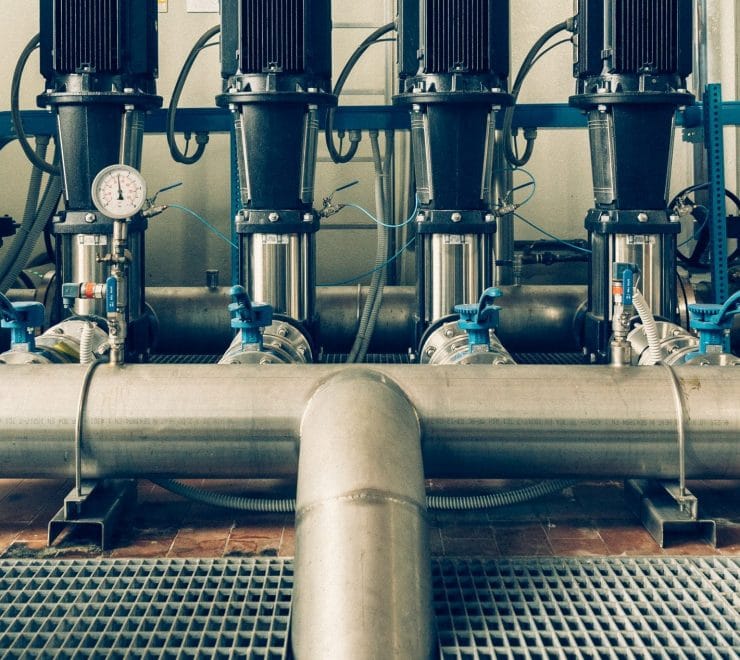
Case
Take the pressure down: reducing NRW in Italy
Demand for water is outstripping supply. According to the World Economic Forum, the gap between the two will reach 40% by 2030 if current consumption patterns and practices continue[1]. Drivers of water scarcity include population growth and enhanced prosperity, which results in increased water cons
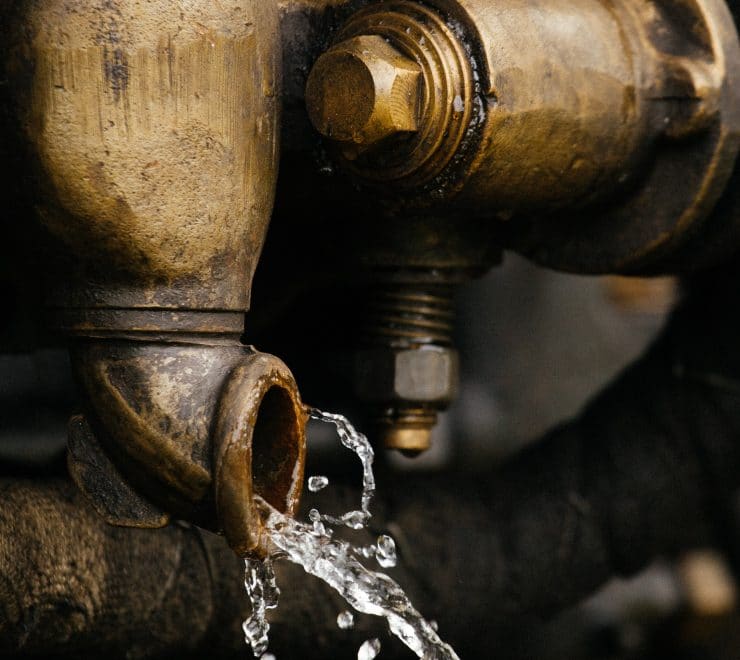
Case
Reducing NRW from 45% to 10% in one year
The city of Al Ain in the Emirates of Abu Dhabi (United Arab Emirates) is working towards a more sustainable water supply.
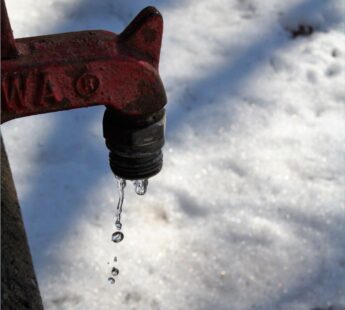
news
Keeping NRW levels low throughout the operational phase
Following implementation, continuous focus must be on system maintenance as well as on monitoring and optimisation of the operations.

news
Planning and prioritising NRW reducing initiatives
Securing the right level and quality of information for a successful NRW reduction programme.
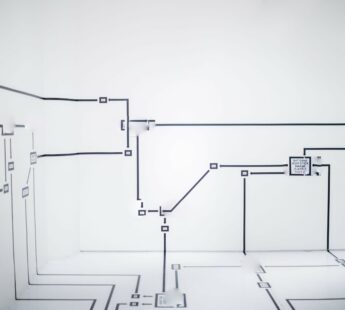
news
A succesful programme for reducing NRW
Achieving an efficient NRW reduction through a holistic approach

news
Securing future developments in NRW reduction
Innovation and new partnerships as drivers for continuous development.
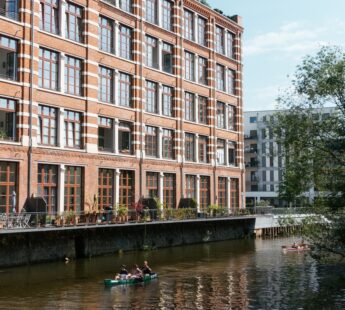
news
Barriers to successful NRW reduction
Why water utilities resist reducing Non-Revenue Water instead of reaping the benefits

Case
Keeping NRW low through good management in Copenhagen
The residents of the Danish capital consume approximately 31 million m3 water annually. The distribution network has a high average age, as 20 per cent of the network pipes are more than 100 years old

Case
Pressure management reduces NRW by 30 per cent in Montodine, Italy
The total network covers 10.3 km of pipes serving 6,580 inhabitants. Approximately 275,000 kWh of energy was used to distribute 670,000 m3 of water annually. To minimise this, the water company decide

